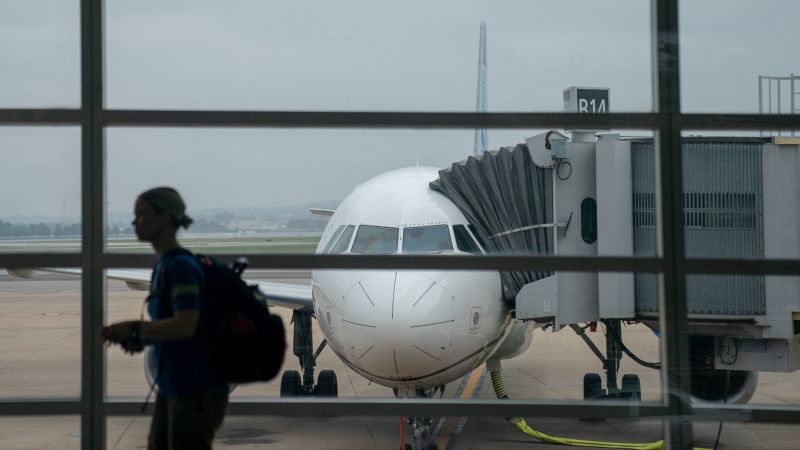Congress is currently working on passing major Federal Aviation Administration (FAA) legislation before the end of the week. This legislation, which spans over 1,000 pages, will guide aviation policy for the next five years and address issues such as air traffic controller shortages, runway safety, and airline refunds. It is a bipartisan effort that must pass through both the Senate and the House before becoming law, making it one of the last major pieces of legislation to be passed this election year.
One of the controversial issues in the legislation is the proposal to increase the mandatory retirement age for airline pilots from 65 to 67. While airline groups support this change to alleviate a pilot shortage caused by pandemic-related layoffs, pilot unions argue that it could disrupt seniority systems and create training challenges for younger pilots. Several senators have proposed amendments related to this issue, including encouraging other countries to raise their retirement age to align with the US.
Lawmakers are also considering changes to flight restrictions at Ronald Reagan Washington National Airport, including allowing for more flights within a radius of 1,250 miles from DC. Some argue that this would increase congestion at the already busy airport, while others support expanding access for lawmakers who have to travel further distances. The aircraft runway has limited capacity, leading to debates on how to accommodate additional flights.
A new rule on airline refunds, requiring automatic cash refunds for canceled or delayed flights, has sparked debate among lawmakers. Some proposals seek to ensure the rule is included in the FAA legislation, preventing future changes. There are also discussions on revising refund rules for flights booked through travel agencies to protect small businesses from shouldering refund costs when airlines fail to reimburse them promptly.
Other amendments to the FAA bill address issues such as drone protection for sports leagues, creating a no-fly list for unruly passengers, adding more electric car chargers at airports, and limiting the TSA’s use of biometric data for privacy reasons. Lawmakers have also introduced unrelated proposals, including lifting tariffs on titanium imports, cleaning up abandoned mines, reclassifying animal food substances, reviving internet access programs, reintroducing whole milk in school lunches, and requesting a report on UFO sightings by commercial pilots.













